When learning Chinese language, common vocabulary that we can use in daily life is one of the important sections. Let’s expand your Chinese vocabulary with words you encounter in the kitchen or restaurant every day and learn the names of tableware in Chinese!
The Names of Tableware in Chinese
In Chinese, a tableware is known as “餐具” (cānjù), where “餐” (cān) means “meal”, and “具” (jù) means “tools.”
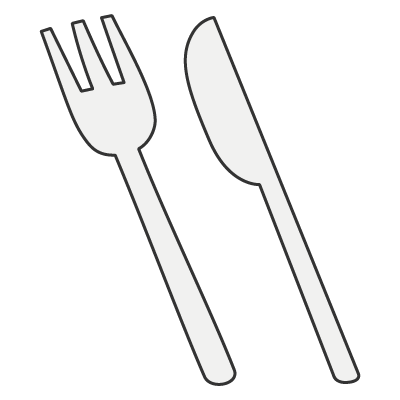
餐具
cānjù
tableware
Let’s Take a Closer Look 🥢
01. Chopsticks
Chopsticks, or 筷子 (kuàizi) stand as a significant and symbolic element in Chinese dining culture. Chinese chopsticks often reflect the country’s rich history and diverse regional influences, showcasing patterns, colors, and craftsmanship.
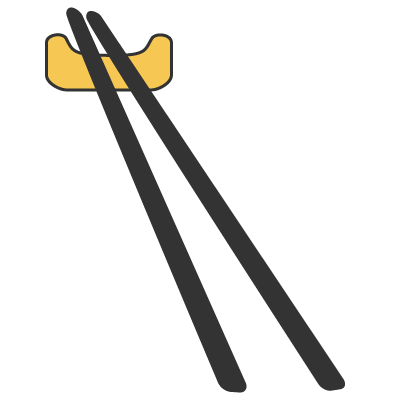
筷子
kuàizi
chopsticks
Even though chopsticks are the first thing you’ll encounter in China, you might still expect to find other things in a restaurant if you need them.
02. Spoon
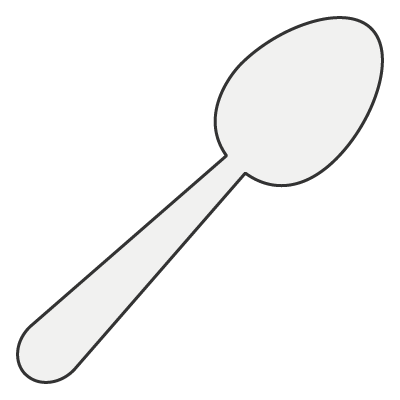
勺子
sháozi
spoon
A spoon is one of the more “common” things for Chinese people which you can find at almost any restaurant. It’s used for soups, congee, soft dishes that easily break (such as tofu), liquid desserts etc. You can also use a spoon together with chopsticks to eat some delicate dishes such as xiaolongbao.
Mind that Chinese spoons might be slightly different from the western “soup” spoons – they are often made of ceramics and have short, thick handle and higher sides.
03. Knife
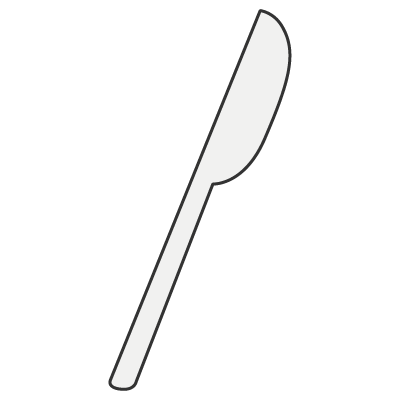
刀
dāo
knife
According to the Chinese tradition, the knife belongs in the kitchen. The cook uses it to cut all the ingredients into bite-size pieces, so when the food is served, you won’t need a knife at the table. In the past, this method helped save a lot of fuel while cooking – food cut into small pieces cooks faster.
NOTE
Most Western restaurants typically provide a ‘fork + knife’ set, but if you need to request it, you can say:
服务员,可以给我一个刀吗?
Fúwùyuán, kěyǐ gěi wǒ yí gè dāo ma?
Waiter, can you give me a knife?
(lit. “waiter-can-give-me-one-knife-ma?”)
In this sentence, the modal verb 可以 (kěyǐ) – “can” adds politeness to the request. Feel free to substitute the word “knife” with any other item you may require.
04. Fork
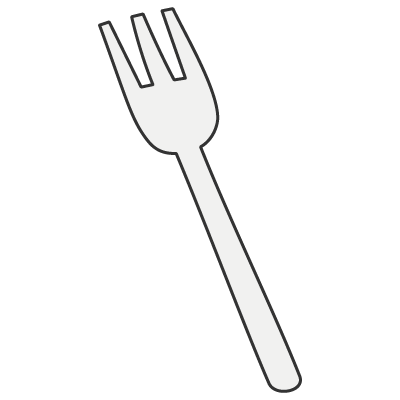
叉子
chāzi
fork
A fork is a primary item in the West, but it’s not very common in China. However, you can always try asking for it if you can’t handle chopsticks (if it’s a small restaurant and they don’t have forks, at least they can give you a spoon). And if you come to a Western-style restaurant, or to a place which serves dishes you need to cut (e.g. big chunks of meat), the dishes will be served with a knife and fork.
05. Plate
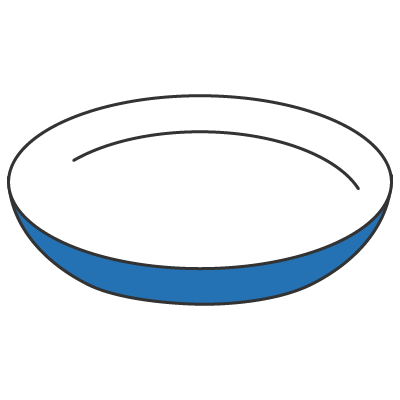
盘子
pánzi
plate
盘子 (pánzi) is commonly used to serve main courses and appetizers. In Chinese dining culture, 盘子 also holds a symbolic significance, representing abundance of sharing meals during family gatherings and social events.
06. Bowl
Typically made from materials like ceramic, porcelain, or plastic, bowls come in various sizes to accommodate different types of dishes. In China, 碗 (wǎn) is often used for serving rice, noodles, soups, and other delights.
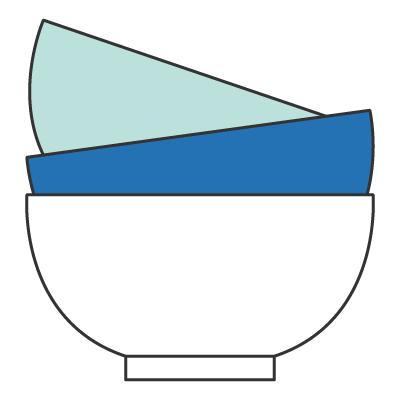
碗
wǎn
bowl
07. Cup / Glass
And the most common item for drinks and beverages is:
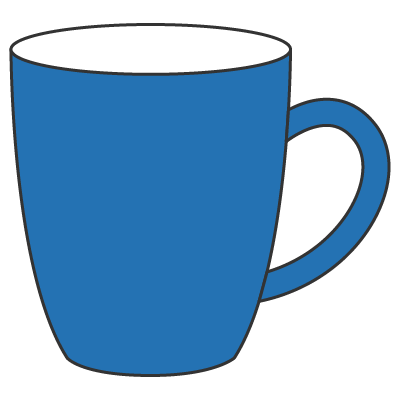
杯子
bēizi
cup; glass
There are various types of 杯子 (bēizi), each designed for specific beverages or occasions. Here are some common types:
茶杯 (chá bēi) • tea cup
Typically smaller in size, ideal for enjoying various types of tea.
咖啡杯 (kāfēi bēi) • coffee cup
Often larger than tea cups, suitable for serving coffee.
水杯 (shuǐ bēi) • water cup
A cup for serving water or other non-alcoholic beverages.
啤酒杯 (píjiǔ bēi) • beer mug
Sturdy and often larger in size, designed for serving beer.
高脚杯 (gāojiǎo bēi) • goblet
A tall-stemmed cup, often used for serving wine or champagne.
Learn More!
As you pack your schoolbag each day, have you ever wondered how to describe all the essential items that find their place inside it? From textbook to eraser, let’s expand your Chinese vocabulary that makes your student’s schoolbag complete: What’s in Student’s Schoolbag?


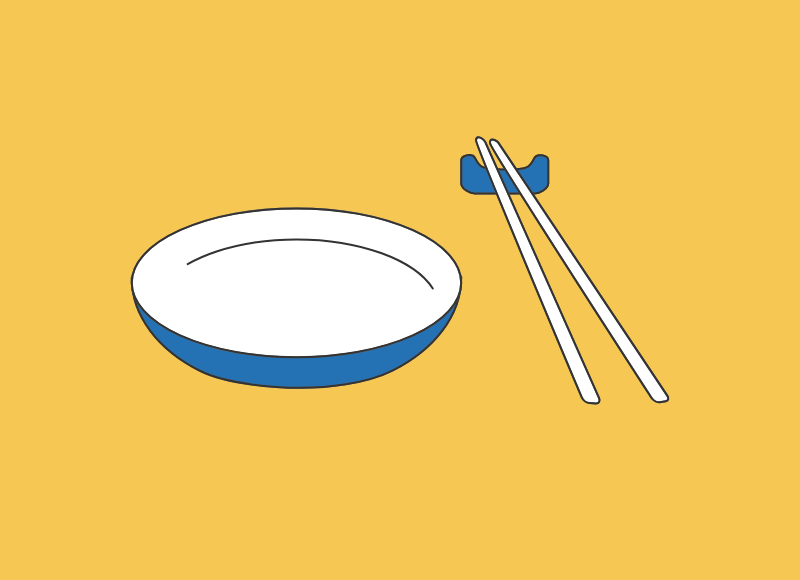


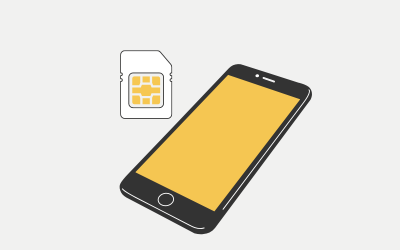



0 Comments